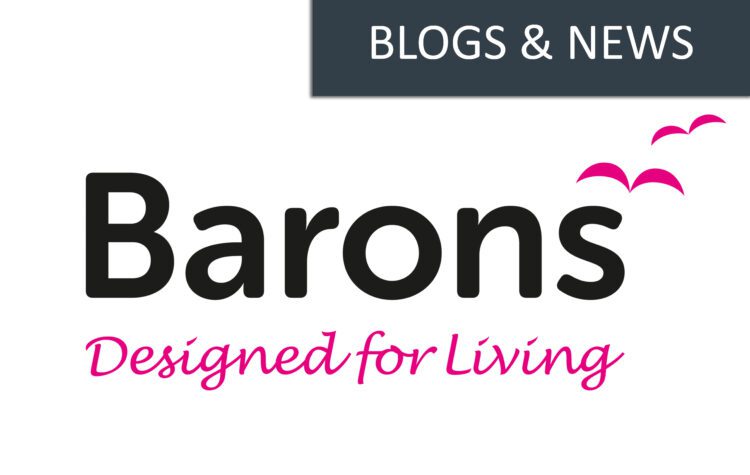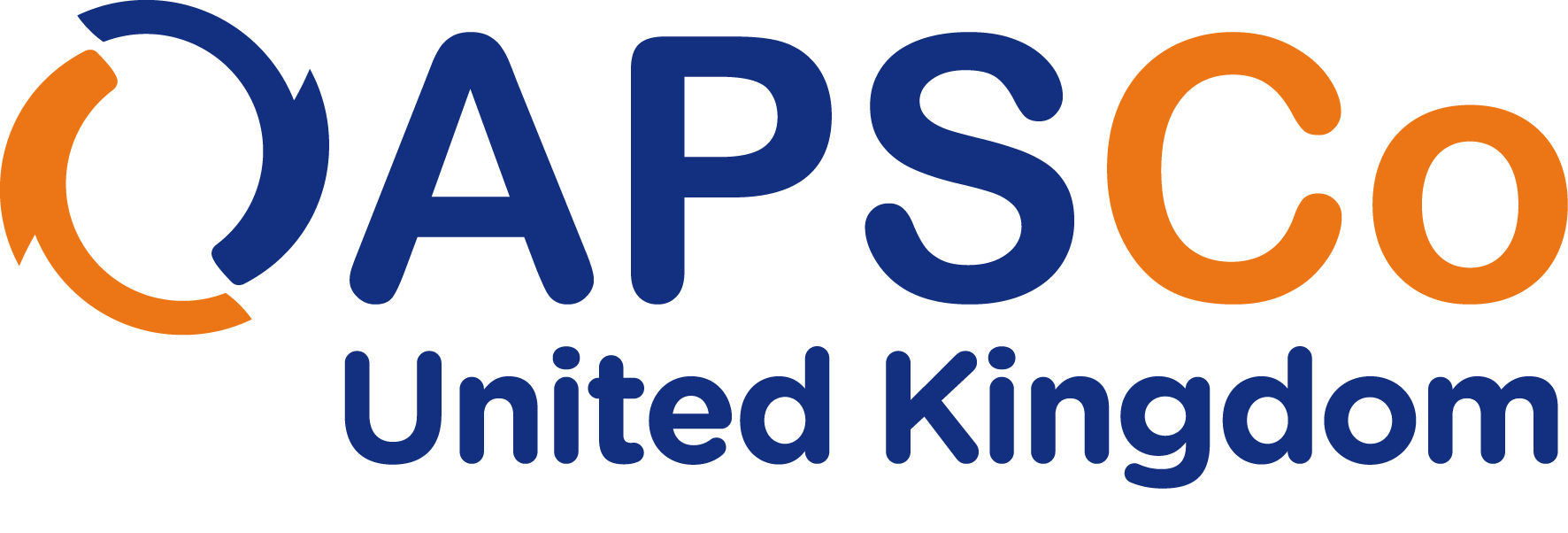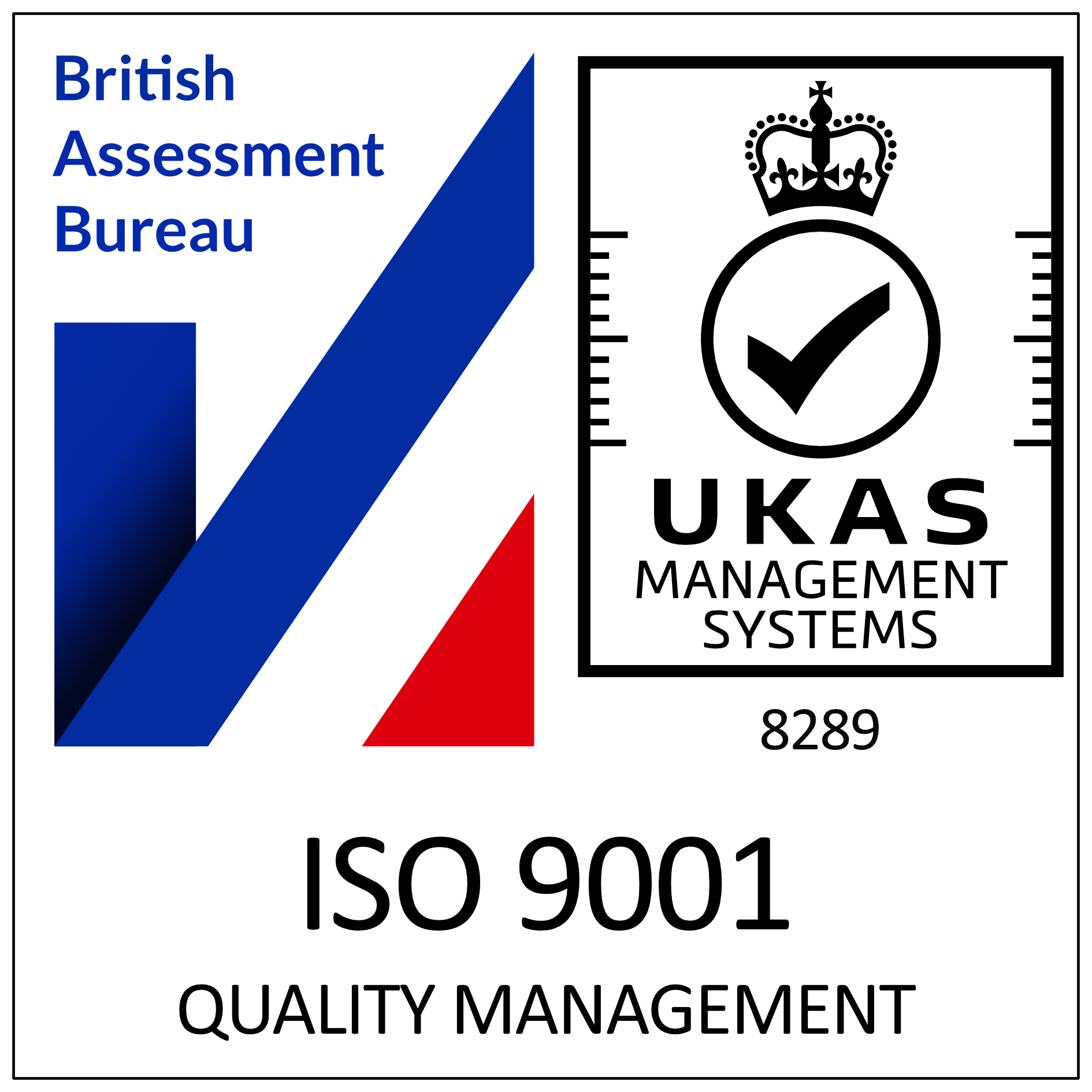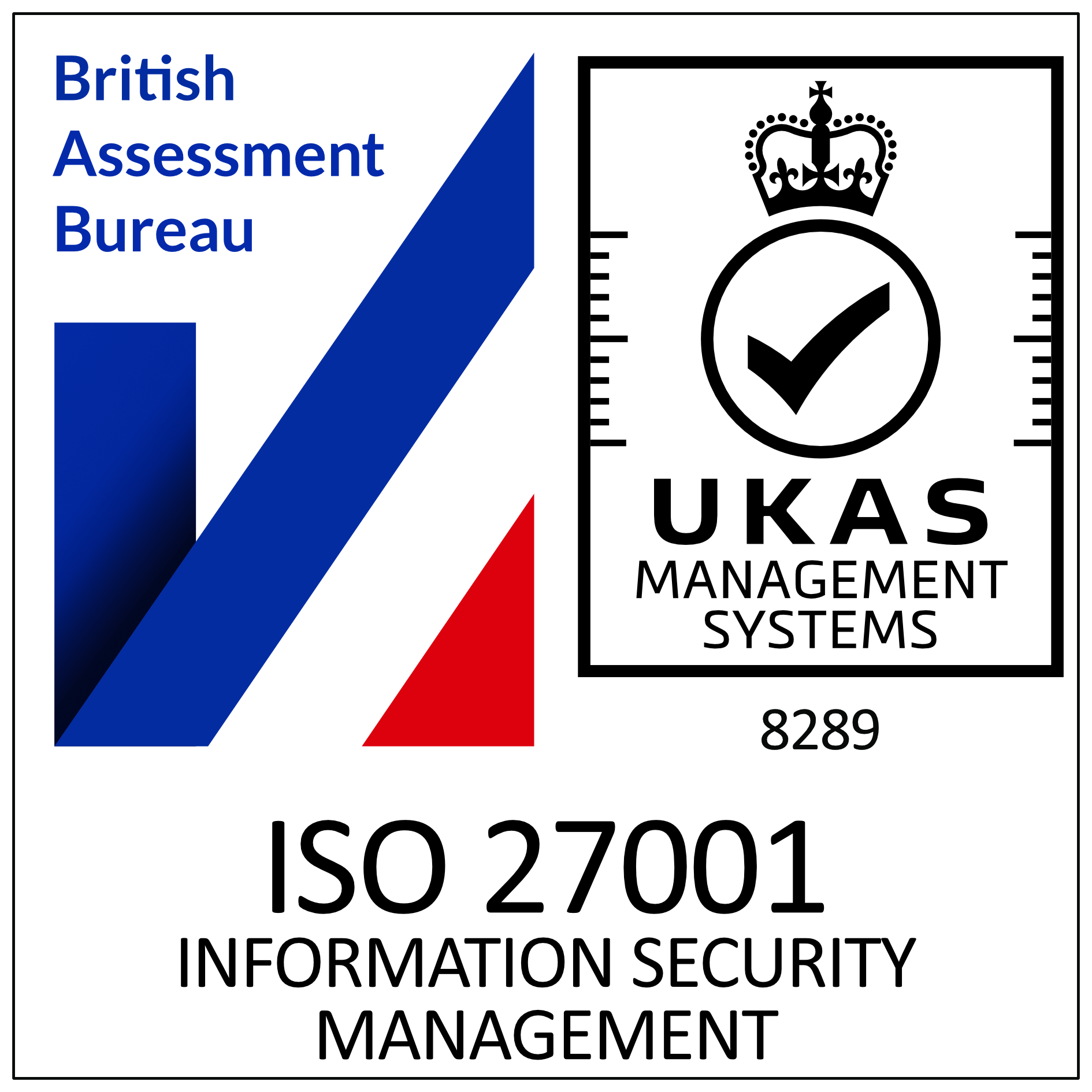
As highlighted in our recent report on HR and Recruitment trends, creating authentic workplace experiences is a significant area of focus for businesses in 2024. 71% of businesses we recently surveyed modified people-related HR or working policies in the last 12 months in order to enhance and improve their employee experience.
Whilst competition for talent remains high and employers continue to invest in recruitment marketing to elevate their employer brands, and in their benefits and working policies in order to retain staff – what is fundamentally key to both attracting and retaining talent is the ability to create personalised, authentic experiences for candidates and employees alike. A focus on experience can also have a significant impact on productivity and the bottom line, with employees who work for organisations leading the charge on employee experience putting 40% additional discretionary effort into their work.
Every single touchpoint from the first time a candidate engages with your brand to the regular cycle of communications with employees in your business counts and provides an opportunity to promote the business as a great fit for them, foster a sense of belonging and community, and build stronger relationships.
Continuity of experience between the recruitment process and the experience as an employee once ‘in the fold’ is fundamental to ensuring authenticity. Whilst it may be tempting to present a polished and perfect view of your organisation to prospective candidates, it’s better to be honest and transparent – even if there are areas you are working on which you know are not as appealing. Whilst this may seem counter-intuitive, it’s more sensible, as you’re less likely to have early-stage leavers who are disappointed upon arrival to find all is not as they were promised, and therefore less risk of reputational damage to your employer brand which will have a knock on effect on future recruitment.
This is why an authentic employee experience must be built upon the foundations of a strong and genuine employer brand and a culture where everyone can thrive, with workplace policies that are equitable and fair.
“In 2024 we plan to focus on Leadership Development, employee experience surveys and associated action planning, global career frameworks to support role clarity and development – all linked to improving the experience of working for our organisation.”
Survey Respondent, HR & Recruitment Trends Survey 2024
In this blog we highlight 6 key considerations for creating an authentic employee experience in your business.
1. Are you leading by example with clarity around your vision, mission and values
Documenting your vision, mission and values (truthfully) is a great way to set the tone of your organisation and portray the why, how and what. These are key themes which will be woven through all of your recruitment marketing collateral and employee engagement processes, so it’s imperative that they are an accurate and truthful reflection of the real ‘lived’ experience of employees within the organisation. Leadership teams need to live and breathe these fully so they are truly part of your DNA and authentically represent your business. If you aren’t educating your leadership culture on the importance of these pillars, so they are able to cascade this to their own teams, consider running sessions to ensure they understand the key messages and the expectations of them linked to these.
2. Do your employer brand and employee value proposition reflect reality for candidates and employees?
Do your people processes and practices for recruitment, onboarding, development and reward align with what you promise in a job description? Are you delivering what you promise to employees in return for their skills and loyalty? If there is a mismatch, fix it to ensure you are staying honest and authentic. If there’s something you want to be able to offer, but can’t yet or are working on it – be honest with candidates. Don’t oversell and under-deliver as this will likely result in early, disappointed leavers and damage to your employer brand. Everything a candidate consumes will shape an impression of your employer brand – and it’s crucial to ensure this is truly reflective of your business, so they have a seamless transition beyond the recruitment process into your business. This includes any copy or video content you include on your careers page, job descriptions and adverts, and any candidate information packs you issue. Where possible, feature real profiles and stories from current employees in their own words. This will be really powerful for prospective candidates.
3. Is your recruitment process honest?
Building an authentic employee experience begins when a candidate first interacts with your business. Recruiters and Hiring Managers will have opportunities to make a first impression and by virtue, give a candidate a feel for what your business is really like to work for. Here, in order to create an authentic experience, you want to find the right blend between organised and efficient processes, and personality. At all stages – from the initial screening call with the Recruiter, to interviews with the Hiring Manager, these people will be responsible for conveying an authentic representation of your business. All parties should be truthful about the company, the requirements and expectations of the role as well as the working culture within the business. Again, if you’re not presenting an authentic representation in this process, you’re at risk of losing candidates when they start and find it’s not all it’s cracked up to be.
4. Can your induction process foster meaningful relationships?
The induction process is important for two reasons when it comes to authentic experiences. Firstly, this is the opportunity to upskill and inform your candidate about the intricacies of the role including their responsibilities and what is expected of them. It’s where you can bake in meaning, and cement an understanding of the impact they can make in the business. It’s also the time to introduce the new starter to your wider teams and business, so they can start forging relationships. When formulating their induction schedule, ensure they have 1-2-1 time with colleagues from across the business, and also – where you can – build in social opportunities and signposting to any network groups so they have opportunities to deepen relationships and follow any additional pathways which will enable them to have a more meaningful presence within your business.
5. Do you offer the tools and opportunities to motivate employees and enable them to succeed?
Firstly – and a fundamental point – if you’ve committed to providing specific tools to enable new starters to perform their roles well, these absolutely need to be in place ready for their first day and you need to ensure they are trained on how to use them efficiently. Doing so will not only make them feel valued and supported from day 1, but their working experience will be enhanced, so they will also be more productive – furthermore, this will build their confidence and capabilities faster. Secondly, if at any point during the recruitment process they have made apparent their appetite for progression and career advancement, and you have confirmed that you have clear career paths and/or established internal mobility programmes in place for them to be able to do, these absolutely must be ready when they join in order to meet their expectations and motivate them to both perform and remain with your business.
6. Have you created an open, honest and safe culture and environment which drives a sense of community and belonging?
Empower your people to be honest and act with integrity in every transaction, process and relationship, whether this be between peers and colleagues, partners and suppliers or clients. If employees feel passionately about subject matters and want to take responsibility for creating or joining committees, working groups or events, provide them with the space, support and time to do so. Again, your leadership team will be key to fostering an open culture where ideas and feedback are always welcome and rewarded. It’s really important to keep asking for feedback so the business can measure whether they are delivering the experience they intend to, and whether the vision, mission, values, employee value proposition and employer brand are genuinely authentic. Now more than ever, it’s also really important to look at how your physical office space can foster collaborative and authentic working experiences – with pressure on office value propositions in a hybrid and remote-first working world. Not being afraid to adapt and evolve any of your people policies will also enhance your ability to attract and retain diverse talent across multiple generations, plus those with protected characteristics or alternative needs. In turn, this will further drive a sense of community and belonging across your entire workforce.
Creating meaningful, authentic experiences for candidates and employees takes effort, consideration and time. But when your ecosystem is truly authentic, it really is a powerful tool which can help you to attract talent, retain skills and improve business performance.
To find out more, watch our free webinar ‘Building Authentic Employee Experiences in 2024 and Beyond’.










